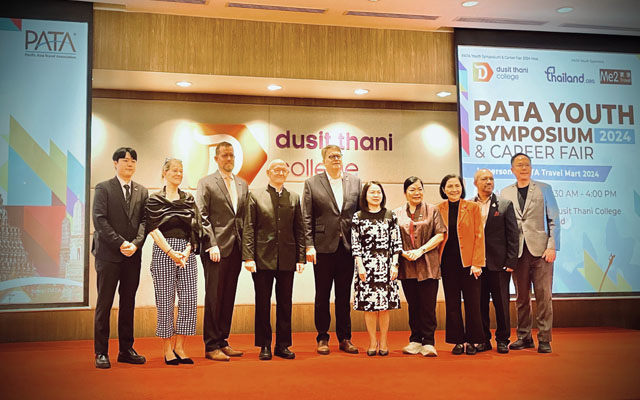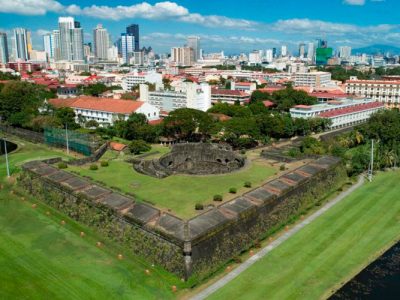At the PATA Youth Symposium 2024 on August 27 at Dusit Thani College, the impacts of artificial intelligence (AI) and how it is shifting the landscape of the travel and hospitality industries were key topics of discussion.
Sonal Patel, vice president of APAC at Quantcast and a PATA Gold award winner, emphasised in her keynote the transformative power of data and AI, highlighting its role in personalising consumer experiences.

Patel, drawing parallels to the film Minority Report, discussed how AI is evolving from basic segmentation to hyper-segmentation, allowing marketers to connect with their ideal audience in real-time. She predicted that by 2028, virtual reality would revolutionise travel, with autonomous travel planning becoming a reality by 2030.
TTG Asia also surveyed students on their perspectives regarding AI’s impact on the travel and hospitality sectors.
Their feedback revealed the many angles from which hyper-personalisation from AI could be considered – from cultural nuances to birthday wishes, and from enhancing connectivity in crises to alleviating burden on operators.
Mimi and Min, third-year tourism business and event management students from Mae Fah Luang University, highlighted AI’s critical role in addressing unplanned infrastructure gaps during crises.
They noted that AI’s capabilities are especially valuable in promoting connectivity and managing disruptions, drawing from experiences during the Covid-19 pandemic.
“In the past, we chose travel packages and destinations through traditional means (such as in-person interactions) with tour operators. Post-pandemic, we’ve increasingly relied on online agents due to restrictions on travel. This shift has significantly improved how we promote tourism destinations,” Mimi explained.
Min added that “without AI, we’re going to struggle a lot” when facing future disruptions and uncertainties.
Linh Nhan Aung, a foreign student from Bangkok University International, noted AI’s role in making travel more accessible and efficient.
He pointed out: “AI can help travellers follow automatically-generated plans, alleviating the burden on tour operators. It also aids in providing cultural insights to avoid faux pas.”
Linh further illustrated AI’s potential in helping travellers to integrate cultural nuances: “AI can be very useful for understanding cultural specifics. For instance, if you’re travelling to China and want to avoid cultural misunderstandings, AI can offer insights. AI could also aid travellers with integrating cultural preferences into their bookings during travels away from their home countries, such as the Chinese preference to avoid corner rooms in hotels due to inauspiciousness.”
While appreciating AI’s efficiency and potential for personalisation, students like Coco – a hospitality management student from Dusit Thani College – underscored the irreplaceable value of human interaction, which extends to all generations.
Sharing a simple, yet meaningful example, she asked: “Do you really want AI to sing you a happy birthday song? Or do you want the staff to sing it to you?“










